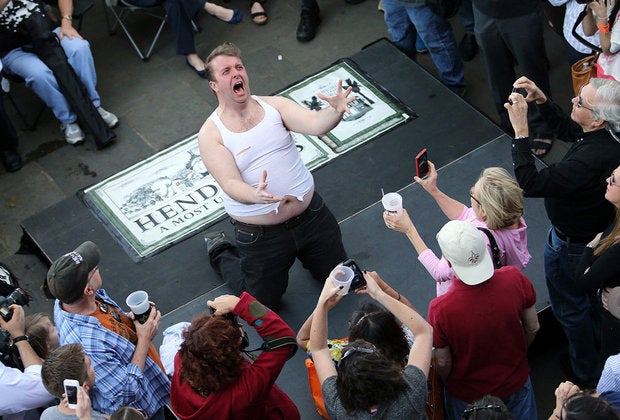What’s the Point? The Relevance of the Irrelevant and Daring to Get it Wrong
At the same time I see that the academy has its ways of inuring too many of its chosen ones against a compulsion to apply their research and writing to contemporary issues that ought to demand all of our attention. Perhaps it’s that American campuses are so leafy and idyllic, allowing us to pretend that this utopic vision is but the world on a micro-scale.
What’s the Point? The Relevance of the Irrelevant and Daring to Get it Wrong Read More »
At the same time I see that the academy has its ways of inuring too many of its chosen ones against a compulsion to apply their research and writing to contemporary issues that ought to demand all of our attention. Perhaps it’s that American campuses are so leafy and idyllic, allowing us to pretend that this utopic vision is but the world on a micro-scale.








